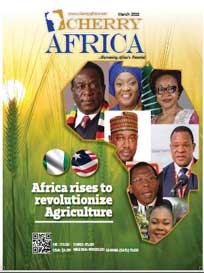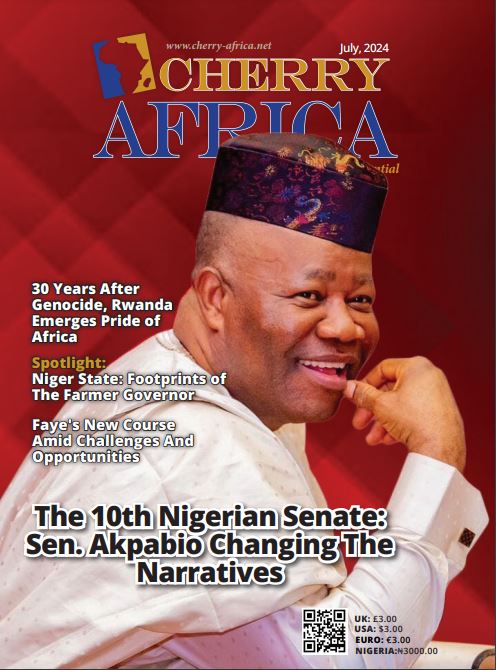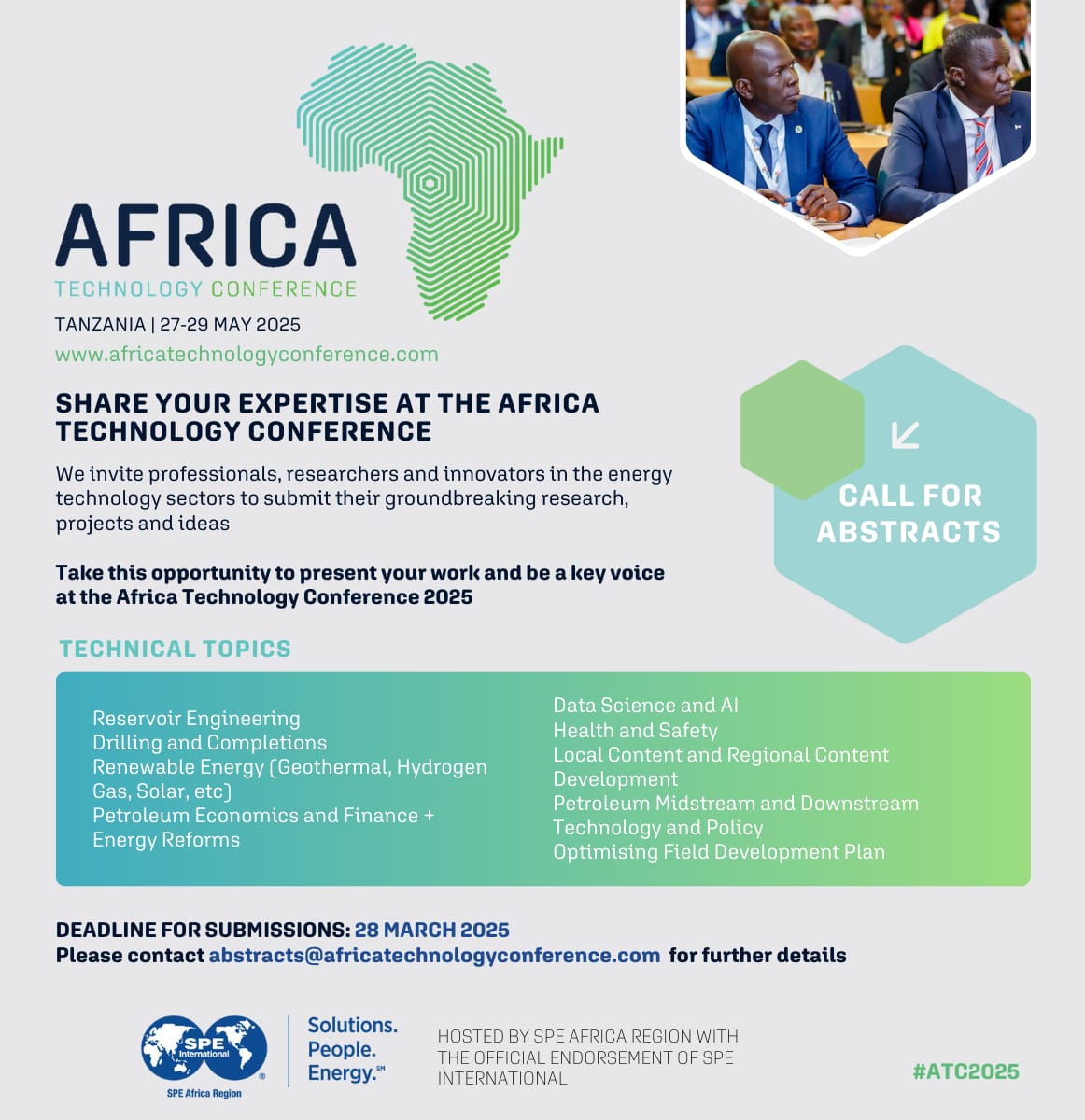Lafayette Matthews
In a video interview with CherryAfrica recently, a middle-aged Liberian clergy living in Monrovia, when asked about the situation in the country under President George Weah, simply gestured the slitting of the throat. Upon further enquiry for clarifications, the clergy gestured that he could not talk because he feared some informants might hear him talk and that would lead to sponsored assassins coming after him.
Another Liberian, a senior civil servant in the country’s ministry of finance, who pleaded with CherryAfrica for anonymity says he went to the United States on vacation and has no plan to come back. He beats his chest for staying in Liberia through the heat of the entire 14 years of civil war, but says the current situation in Liberia has become too difficult to bear, citing economic hardship, ritualistic killings and hired assassinations as the order of the day in the country, which frightens him on the thought of returning.
In yet another video interview with a top civil servant, who also pleaded anonymity with CherryAfrica, he alleged that the country’s economy is squarely in the hands of four government officials, including the president, who are living fat on the daily hardship being experienced by the people. He also said he could not speak with CherryAfrica for long because he feared informants could be around monitoring his conversation, which could lead to his being assassinated.
This state of affairs is reminiscent of government officials in the heart of investigations of misappropriated funds in early October, leading the Institute of Internal Auditors of the United States to ask the State Department to help authorities in Liberia investigate the suspicious deaths of four government auditors looking into possible misappropriation of funds.
The four deaths happened over eight days, from October 3-10. They involved Emmanuel Barten Nyeswua, director general of the Liberia Internal Audit Agency, Albert Peters, Gifty Lama and George Fanbutu, who all work for the Liberia Revenue Authority. All four auditors reportedly were conducting audits of Liberian government accounts over allegations of misappropriation of funds. Nyeswua died of an apparent fall, while the others died in apparent car accidents.
The experiences are typical of life in Liberia today. Under the immediate past president, Ellen Johnson Sirleaf, Liberians in the Diaspora returned home in droves. Under President George Weah, the antithesis has been panning out over the past three years of his first six-year tenure.
Despite high expectations placed on Liberia’s new president George Weah, who came to power through Liberia’s first democratic transition of power in more than 70 years, corruption continues to permeate Liberian politics and the public service. Allegations of patronage, nepotism and cronyism plague politics; petty corruption is rife, and judicial independence is weak, coupled with mysterious deaths and perceived reign of terror.
Weah’s election win was a watershed moment for Liberia’s poor, many of whom idolised the man who rose from Monrovia’s slums to football stardom, and the nation’s highest office.
At the start of his regime, Weah launched popular road-building projects and abolished undergraduate tuition fees.
However, his early actions and populist rhetoric are at odds with the realpolitik demands of managing an entrenched political class and a political system designed to defend their privilege. Weah is surrounded by people linked to past corruption and mismanagement, or with ties to key figures in Liberia’s civil war. Weah has also been subject to criticism due to his involvement in the construction of a luxury housing estate and expensive renovations to his private real estate portfolio.
Three years into his presidency, many complain he is failing in his economic stewardship. People struggle to get bank notes from ATMs, civil servants regularly go unpaid and inflation soaring to more than 30 percent has eroded purchasing power. The local currency, the Liberian dollar, has lost value by approximately 20% since his assumption of power.
Under Weah’s watch of just under three years, more than half of Liberia’s 4.8 million people live on less than $1.90 (1.69 euros) a day, according to the most recent World Bank data.
“We saw George Weah as one of us because he came from a poor family,” said university student Andrew Seiwon. “But for the past almost three years everything has been promises.”
Part of Liberia’s economic woes under Weah, though, can be attributed to the exit of the United Nations and other international aid and non-governmental organisations.
Analysts say Liberia suffered a double whammy when aid organisations started to exit the aid scene, coupled with an inexperienced government that had no ideas to absorb the looming economic hit.
The United Nations was Liberia’s second-largest employer after the civil war, underscoring the impact of the departure of aid workers.
The situation has entrenched corruption across the civil and public service. According to 2018 Global Corruption Barometer data, almost half of Liberians reported that the level of corruption in the country increased over the year, with the police, National Electoral Commission and National Assembly perceived to be the most corrupt. The police rank as the institution that citizens most frequently acknowledge bribing.
Low salaries are often cited as a reason for petty corruption, particularly in the form of bribery whereby public servants seek to supplement their income. As if to exacerbate things, the legal framework is poorly enforced, which has contributed to a culture of impunity.
It is worth noting that following the mysterious disappearance of millions of dollars in 2018, the Weah-led government launched an investigation into the discovery of the missing amount, equivalent to approximately 5% of the country’s GDP.
Kroll’s report, entitled “Project Fabre”, provides a forensic analysis of the approval for printing additional banknotes, the awarding of the contract to a Swedish firm called Crane AB, the shipping of the banknotes and the movement of the funds to and from the country’s central bank vaults.
Although the investigation dismissed the suggestion that all of the new banknotes are missing, it does reveal significant mismanagement and potential corruption.
In addition, a $25 million intended to mop-up excess Liberian dollars with United States dollars was reportedly mismanaged. A report from the General Audit Commission (GAC), the independent constitutional external auditor of Liberia, which supports Legislative oversight over the management of public resources highlighted discrepancies in how the funds were utilised. Months after release of the GAC report, on instruction of the Ministry of Justice, the Liberia Anti-Corruption Commission is still investigating the matter, with many persons harbouring fears that those implicated might not be prosecuted.
A report by Glencourse and Yealue say legislators are more beholden to their patrons and cronies than to their voters and as a result, Liberian politics suffers from a lack of accountability. There are several high-profile cases that illustrate the nature of political corruption in Liberia.
The medley of poor governance, corruption, lack of transparency, which discourages international aid puts Liberia under George Weah on an economic decline, which is causing national discontent.
In an apparent dint to quell dissent, it is alleged that the government has resorted to a reign of terror.
In the midst of all that, Weah still enjoys staunch support from a sizable portion of the population.
One of his supporters, in expectation of a better Liberia under Weah is quoted as saying: “The same way he used to score last-minute goals to qualify his teams when he was a footballer,” he said. “He will do the same for us.”















